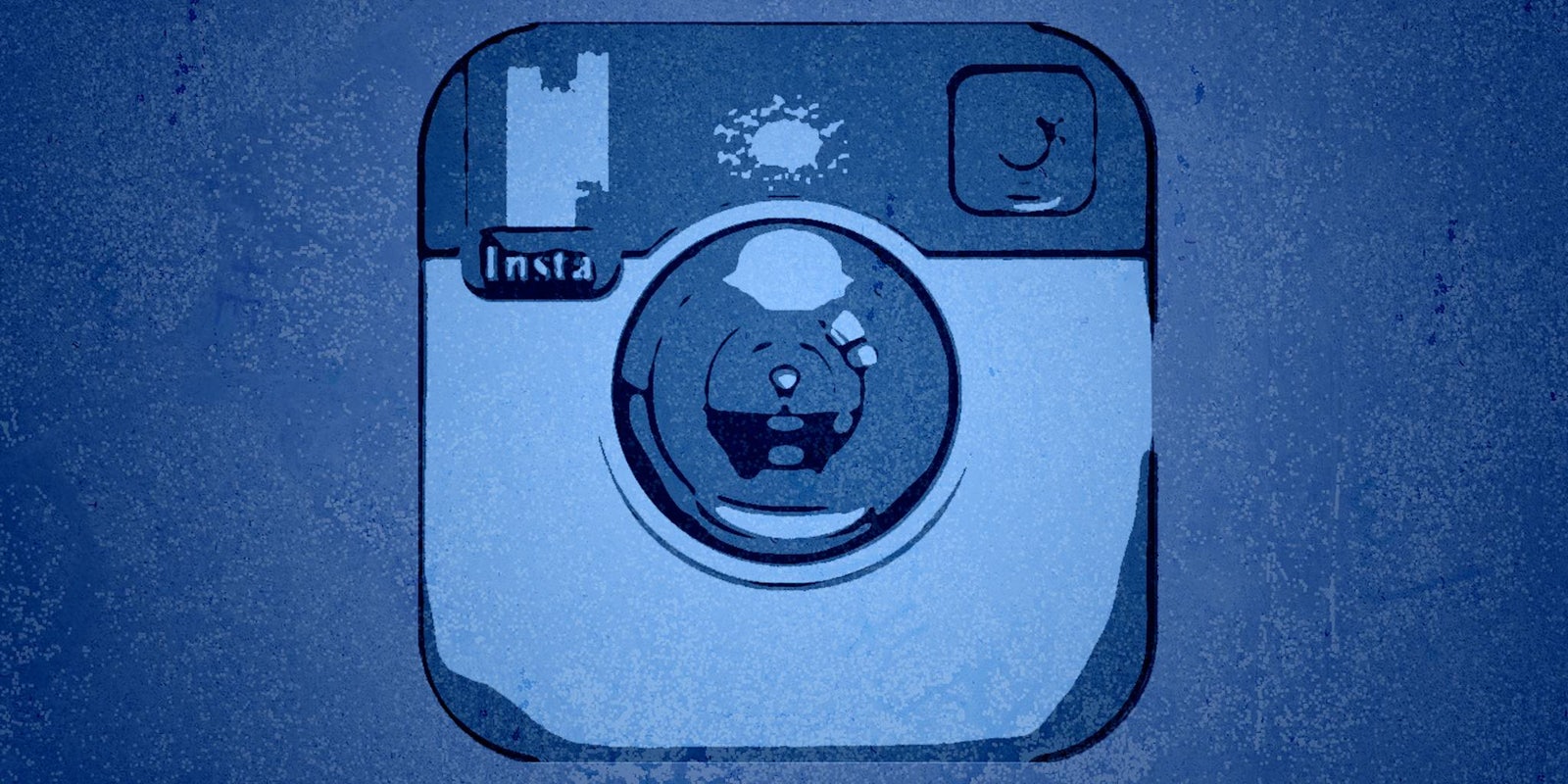I always loved Instagram. It’s been my favorite social network since I had a smartphone. I was happy when it was purchased from Facebook and nothing happened. I was happy because Facebook didn’t change the algorithm, like in Facebook, and the user experience remained similar. The Insta meant instantaneous real-time photo sharing with my friends, to me.
What now? Now the timeline order has changed. It’s not a timeline anymore, but it’s a filtered and reordered feed. I feel very sad about that and I want to explain to you why.
My favorite social network ever
Instagram has always been my favorite interaction ever. Uploading a photo is a breeze. This is very important when I want to capture the moment. Another thing is that everyone can upload just one picture at time. This means no cluttered albums with a million of photos that nobody will ever watch. It’s like an old-school film camera.
It’s not a timeline anymore, but it’s a filtered and reordered feed.
I like the sensation of the old-school film camera mostly because nowadays shooting a photo is too easy. This means that we have millions of photos saved and noone has really the time to look at all those photos.
But I do have time to look at my Instagram feed, and at my own profile history as well. Those photos are moments. Little memory capsules that brings my mind to more than a simple photo. They are emotions.
I’m trying to explain the emotional bond I have with Instagram. I know, it sounds silly, but it was my favorite diary, and I feel that it’s changed forever.
And then Facebook sets in
But let’s return to the main topic of this article: Facebook messing up Instagram.
Why am I making such a big deal about this? Because I always thought about Instagram as an honest media. It wasn’t judging anyone. I was the judge. I could follow and unfollow people without effort. If I didn’t like the photos from someone I had just to unfollow him. He could barely notice.
Facebook, instead, always looked like a public stage to me. People are voting with likes and if the content is interesting, it is put on top. It’s the space for another kind of content, and I’m ok with that.
I understood as soon as Facebook bought Instagram that ads were coming, but again, I was OK with that. I understand that running Instagram is expensive. I was grateful to the sponsors who let me keep my little Instagram diary for free.
Now Instagram is not an honest media anymore. Even the word “insta” in its name is not true anymore.
But today I opened Instagram and I started scrolling the feed and something was not right. Posts were reordered without any logical sense, and I couldn’t understand if I already looked at the photos of my friends or not.
Posts are ordered with an importance filter, just like Facebook.
This is a deep change in Instagram’s philosophy. Now Instagram is not an honest media anymore. Even the word “insta” in its name is not true anymore.
A time-sucking machine
Now Instagram aims to be the brother of Facebook: A time-sucking machine that has to steal the highest amount of my time to maximise the exposure of his ads. Now it’s too hard for me follow what’s happening to my friends, and I can’t do it real-time anymore.
If Instagram before was a cool place where everyone could share photos, now it’s just an automated machine, built with the only purpose of stealing me the only finite resource that I have in life: Time.
I’m not sure what’s happening to social media. When it started I liked it, but now I feel that their only aim is not keeping me in communication with my friends; it is stealing from me as much time as they can. They are fighting to get my attention span, only to feed me with more ads. They are just like the television.
Giulio Michelon is an entrepreneur and co-founder of Belka, a design and software company based in Italy. Follow him on Twitter @giulio_michelon.
A version of this story originally appeared on Medium and has been reprinted with permission.


